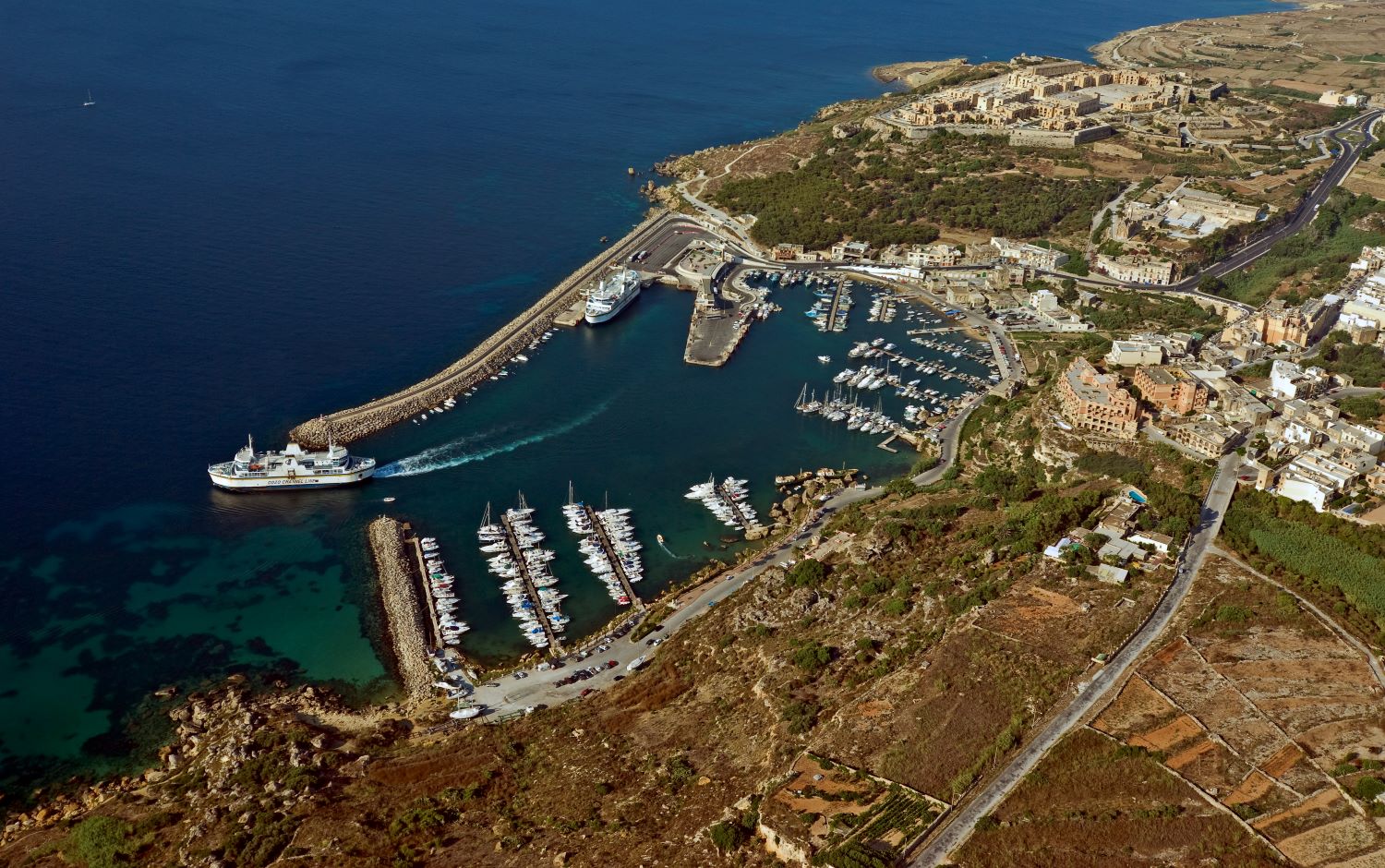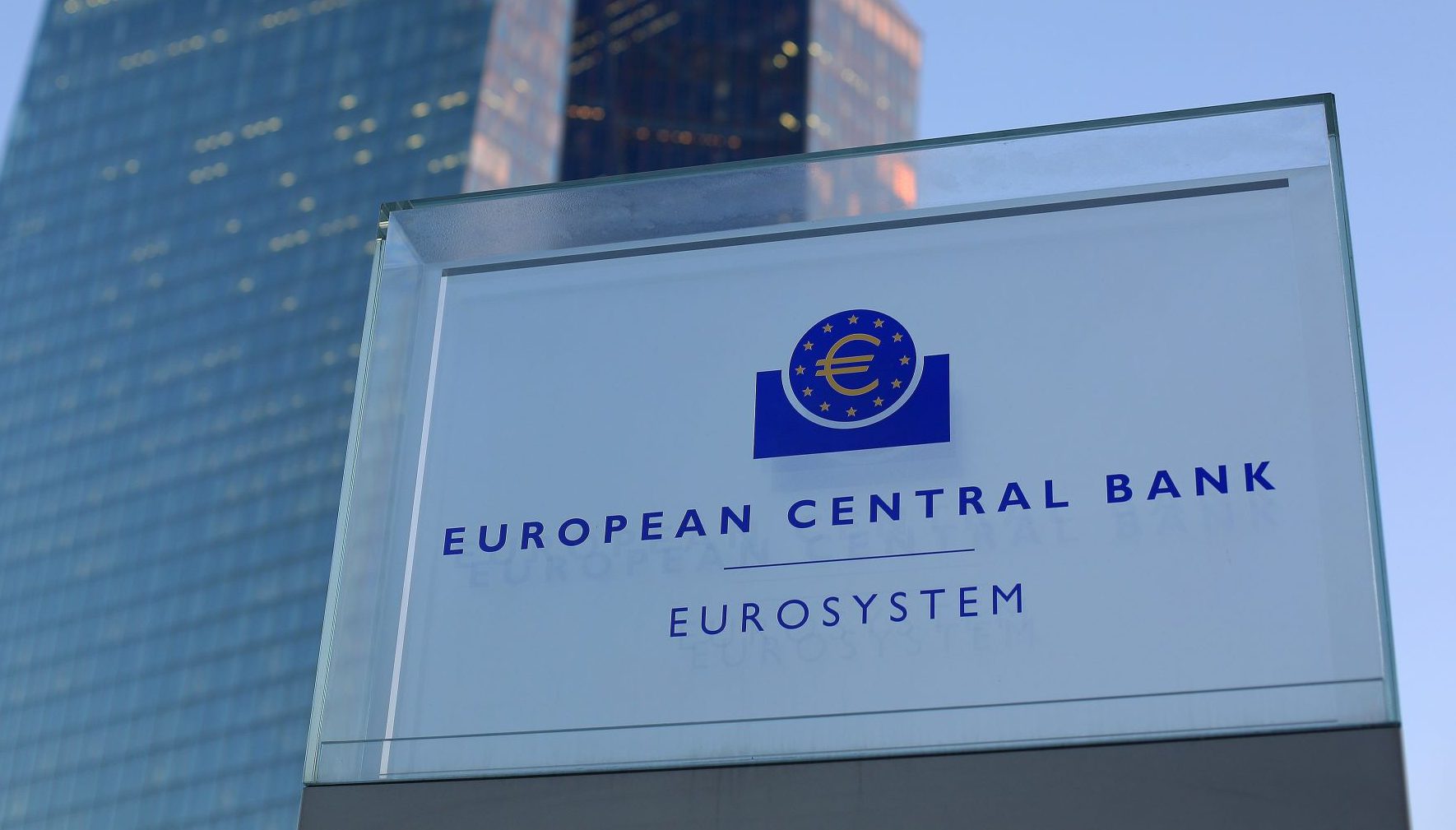Provisional estimates for 2019 indicate that the contribution of the Gozo and Comino region to national Gross Domestic Product (GDP) at market prices accounted to 4.4 per cent or €586.2 million, a National Statistics Office statement reads.
Regional Gross Domestic Product
In 2019, the Gross Value Added (GVA) at basic prices in the regions of Malta, and Gozo and Comino was estimated at €11,427.1 and €521.0 million, respectively, reflecting corresponding increases of 8.4 and 8.8 per cent over 2018.
Malta region
All industries registered increases in GVA during 2019. The industries of wholesale and retail trade; repair of motor vehicles and motorcycles; transportation and storage; accommodation; and good service industries, accounted for the highest share of GVA, at 20.4 per cent, and registered a growth of 7.3 per cent over 2018.
The industries comprising professional, scientific and technical activities; administrative; and support service activities, contributed to the second largest share of the GVA, at 18.1 per cent. These industries registered a growth in GVA of 12.5 per cent when compared to 2018.
Gozo and Comino region
In 2019, all industries registered increases in GVA when compared to the previous year. The industries comprising the public administration and defence; compulsory social security; education; human health and social work activities accounted for the highest share at 24.4 per cent of total GVA.
When compared to the previous year, these industries registered an increase of 1.8 per cent. The industries of wholesale and retail trade; repair of motor vehicles and motorcycles; transportation and storage; accommodation and food service activities, accounted for the second highest share of the GVA at 20.5 per cent and have registered a growth of 2.6 per cent over 2018.
Regional Gross Domestic Product
In 2019, GDP at market prices in the regions of Malta, and Gozo and Comino, was estimated at €12,858 million and €586.2 million respectively, corresponding to a 95.5 per cent and 4.4 per cent of national GDP at market prices for Malta as a percentage of the national was 102.4 per cent while that of the Gozo and Comino region stood at 65.1 per cent.
The per capital regional GDP does not reflect the income available to the private households of each respective region, but it strictly relates to the economic activity prevailing in each of the regions.
Population and Employment
In comparison to 2018, the total population in Malta increased by 4.3 per cent, whereas that in the Gozo and Comino region increased by 3.1 per cent.
In 2019, all industries in the Malta region registered increases in employment when compared to the previous year. The largest percentage increases resulted in the economic activities relating to construction; professional, scientific and technical activities; administrative and support service activities, registering growths of 16.1 and 10.1 respectively.
Almost all industries in the Gozo and Comino region registered increases in employment during 2019, with the exception of a slight drop in the industries of the professional, scientific and technical activities, administrative and support service activities.
The largest increases were registered in the industries of construction and real estate activities, with growth rates of 22 and 15.3 per cent, respectively.
ECB lowers key interest rates by 25 basis points in response to inflation outlook
While inflation remains high, the ECB projects it will ease in the second half of next year
HSBC Malta share price drops sharply following strategic review announcement
Market analysts suggest that the uncertainty surrounding the review, with speculation of an impending sale, has fuelled investor concerns
‘This is true one-touch implementation designed with SMEs in mind’ – Roderick Farrugia, CIO, Melita Limited
A walk through the primary cybersecurity threats facing today’s SME’s and Melita’s practical solutions to combat them






